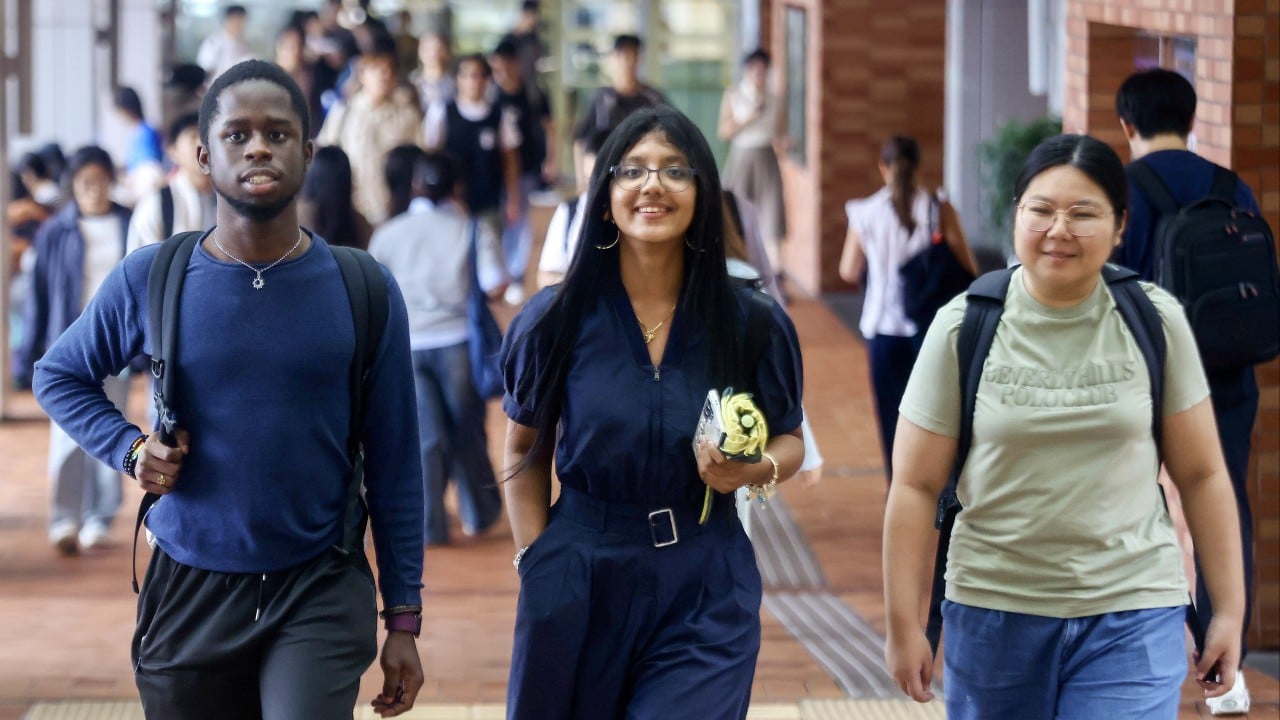Few moments in US history have tested academic freedom as much as the present, with US President Donald Trump’s administration releasing a 10-point Compact for Academic Excellence in Higher Education. What started as bureaucratic proposals have hardened into a national doctrine tying federal funding to political conformity. It is changing the nature of US universities and reshaping international education options.
Advertisement
The plan, initially sent to nine universities, proposed conformity with certain demands in return for securing preferential access to federal funds. They include removing race and gender factors from admissions and hiring, publishing detailed student applicant data, reinstating standardised testing, freezing tuition fees for five years and limiting the international undergraduate enrolment to 15 per cent.
Universities with endowments exceeding US$2 million per student must offer free tuition for science degrees. Diversity and inclusion programmes are to be replaced by a “marketplace of ideas”. Institutions that sign the compact gain better access to federal research funding; those that refuse risk investigation or frozen grants.
The backlash has been considerable. Most universities approached, including Massachusetts Institute of Technology and Brown, have rejected the agreement, viewing it as an attack on academic independence.
Public opinion reflects these concerns. A recent poll by Quinnipiac University showed most Americans view the plan as government overreach. While some support measures to reduce costs in higher education, many feel uncomfortable with Washington’s growing control over campus affairs. This discomfort has sparked widespread opposition and protests across the country. Although higher education needs reform, many believe political enforcement is the wrong method.
Advertisement
For international students, the plan comes amid a wave of restrictions. The Department of Homeland Security wants to replace the flexible “duration of status” visa rule with fixed terms of no more than four years, requiring renewals for longer courses. Applicants now face extended background and social media checks, new fees and mandatory reporting by universities. Visa caps targeting certain nationalities, especially Chinese students in science and technology fields, have fuelled uncertainty.


